Currently browsing… science
-
New mapping tool puts beavers to work for Upper Columbia fisheries
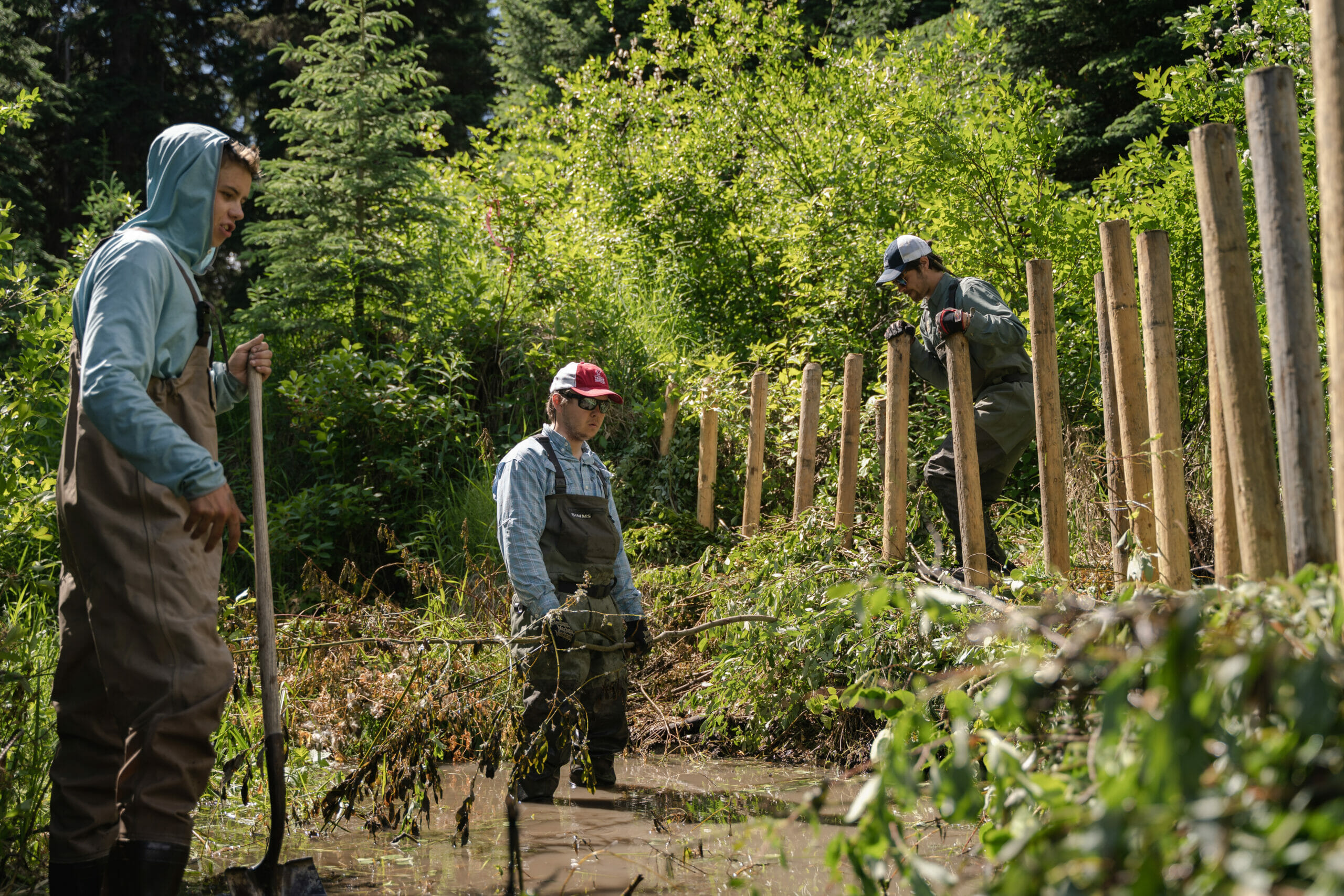
By Crystal Elliot, Kodi Jo Jaspers, and Matt Mayfield Beavers and trout anglers are not strangers. Many of us have been startled while standing knee-deep in a trout stream when something big and brown and way larger than the fish we are targeting suddenly slips past. Beavers can cause headaches for land managers as they engineer streams and ponds…
-
Unwrapping genetic gifts that tell meaningful stories of trout
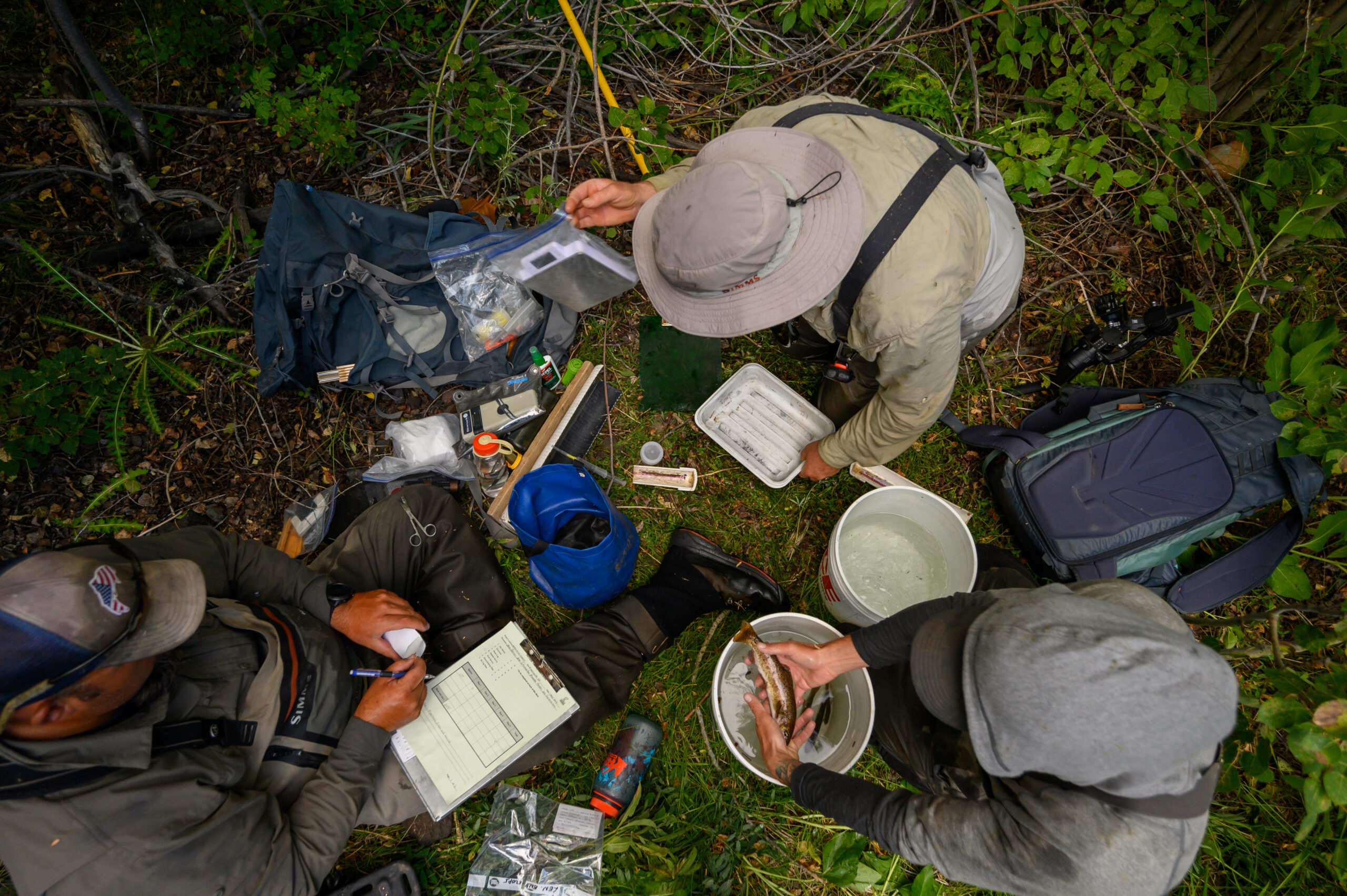
Lately I’ve been ruminating about why I love genetics, a wonky field of numbers and theory where a true understanding of results only happens long after the field season — in an office, on a computer at that. Every time I get new genetic results it’s like receiving a surprise gift. So many processes — all this history we can’t see — shape the genes of all organisms, including fish. The genetic patterns we uncover, then, tell us real and important things about the conservation needs of these fish. …
-
Our failure to remember affects salmon and steelhead conservation
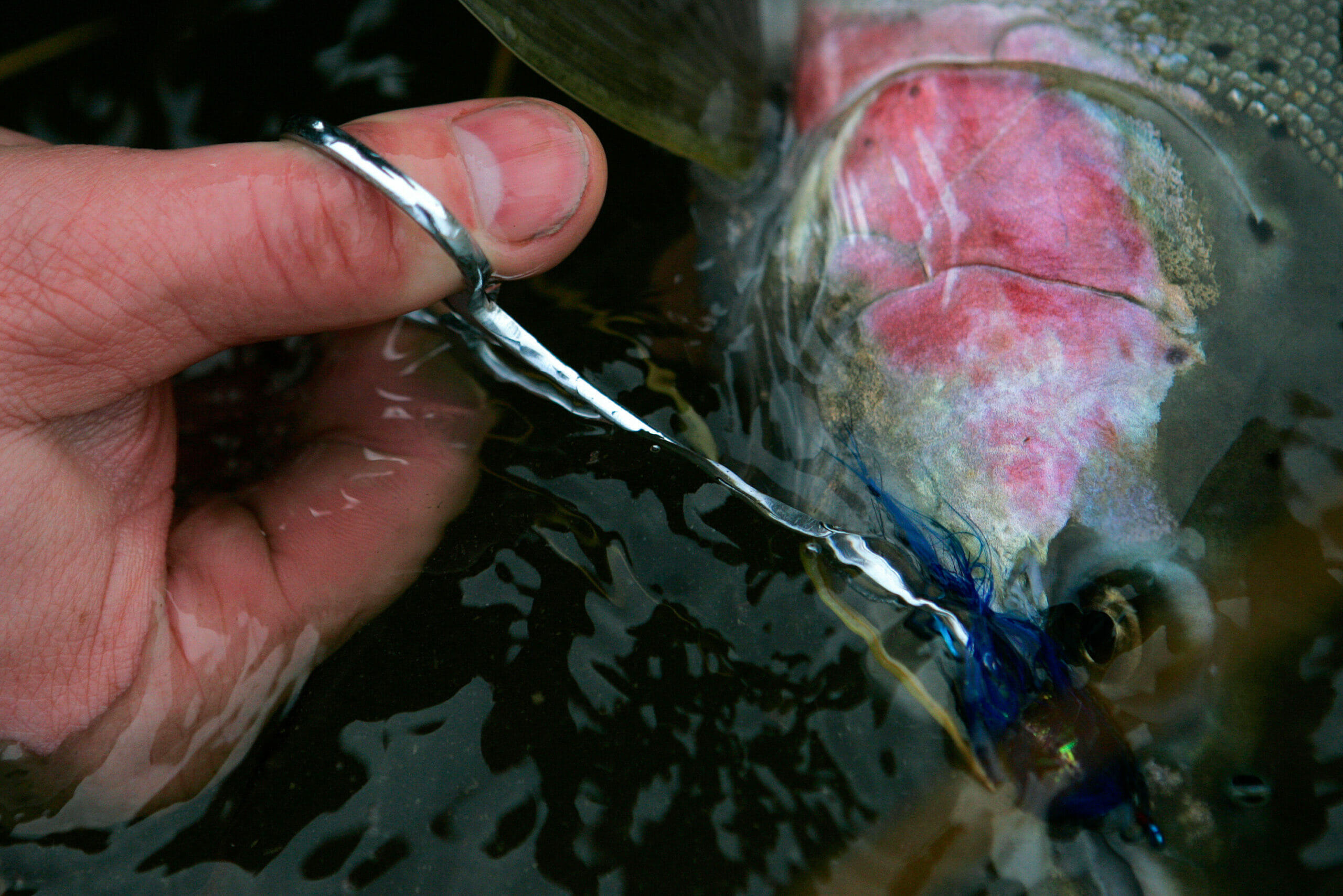
'The best run in years' doesn't mean things are getting better overall We’ve all heard stories from our grandparents of unbelievable abundance and sizes in their fishing forays — the salmon so numerous it boggled the mind, and those Lahontan cutthroat trout so big you couldn't wrap your arms around them. Yet even with these anecdotes it’s still hard to internalize just how different our experience…
-
‘Climate change is water change’
Climate change is water change. A warmer climate impacts nearly every facet of the water cycle: increased evaporation and transpiration deplete water from the land, rivers, lakes, oceans, and forests. Warmer air retains more water that is later released through intense precipitation events that are more likely to cause flash flooding and run-off pollution.
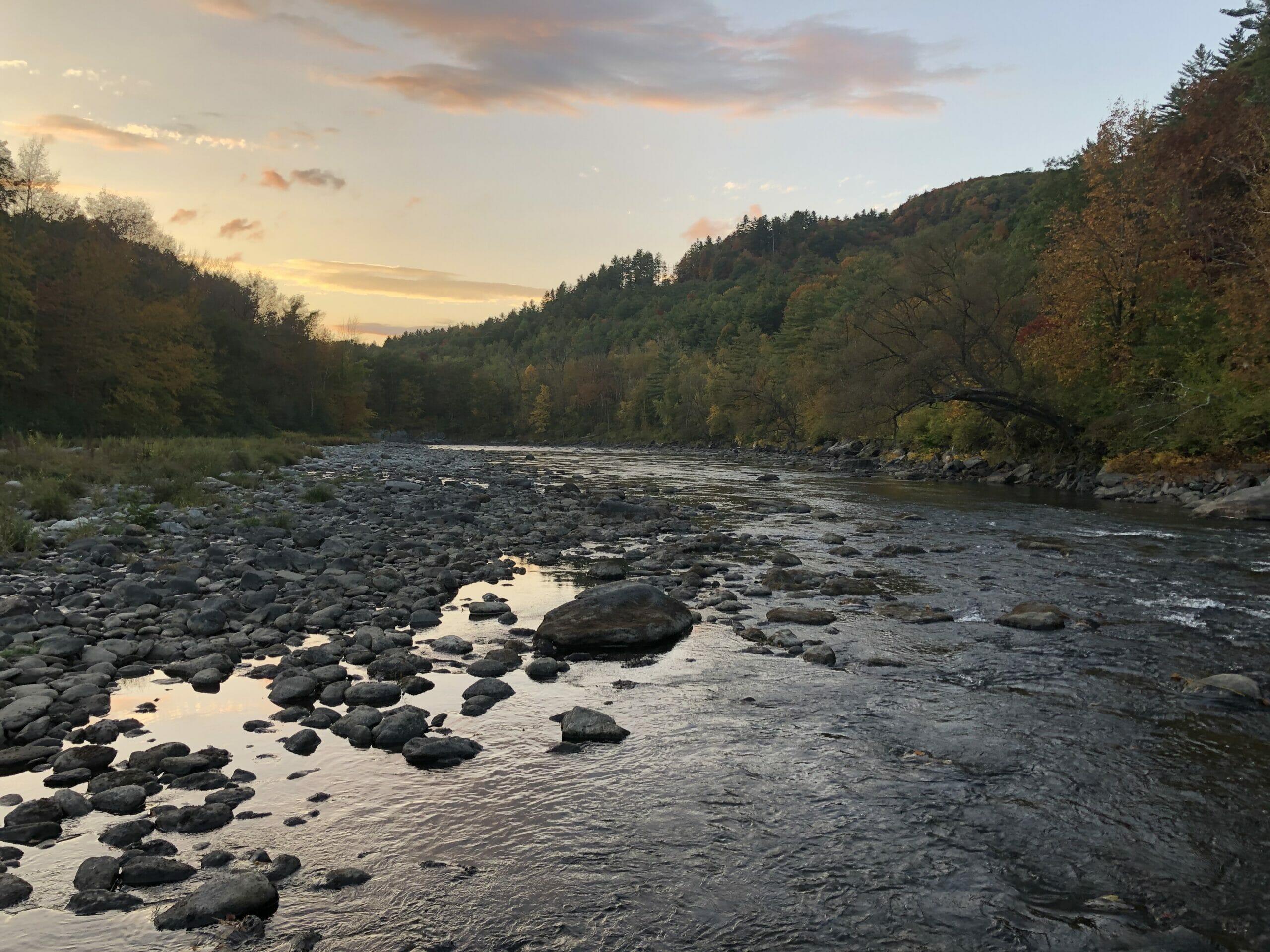
By Chase S. Whiting As summer transitioned to fall, the sun hung eerily over the Adirondack Mountains and illuminated smoke that traveled some 3,000 miles from wildfires out West. Seeing the smoke reminded me that seemingly distant corners of the planet are in fact interconnected by our shared environment. In Vermont, the climate change story…
-
Habitat connectivity helps trout take care of themselves
If we do our part to remove migration obstacles from rivers and streams, the fish will take care of the rest. The benefits could be immeasurable.
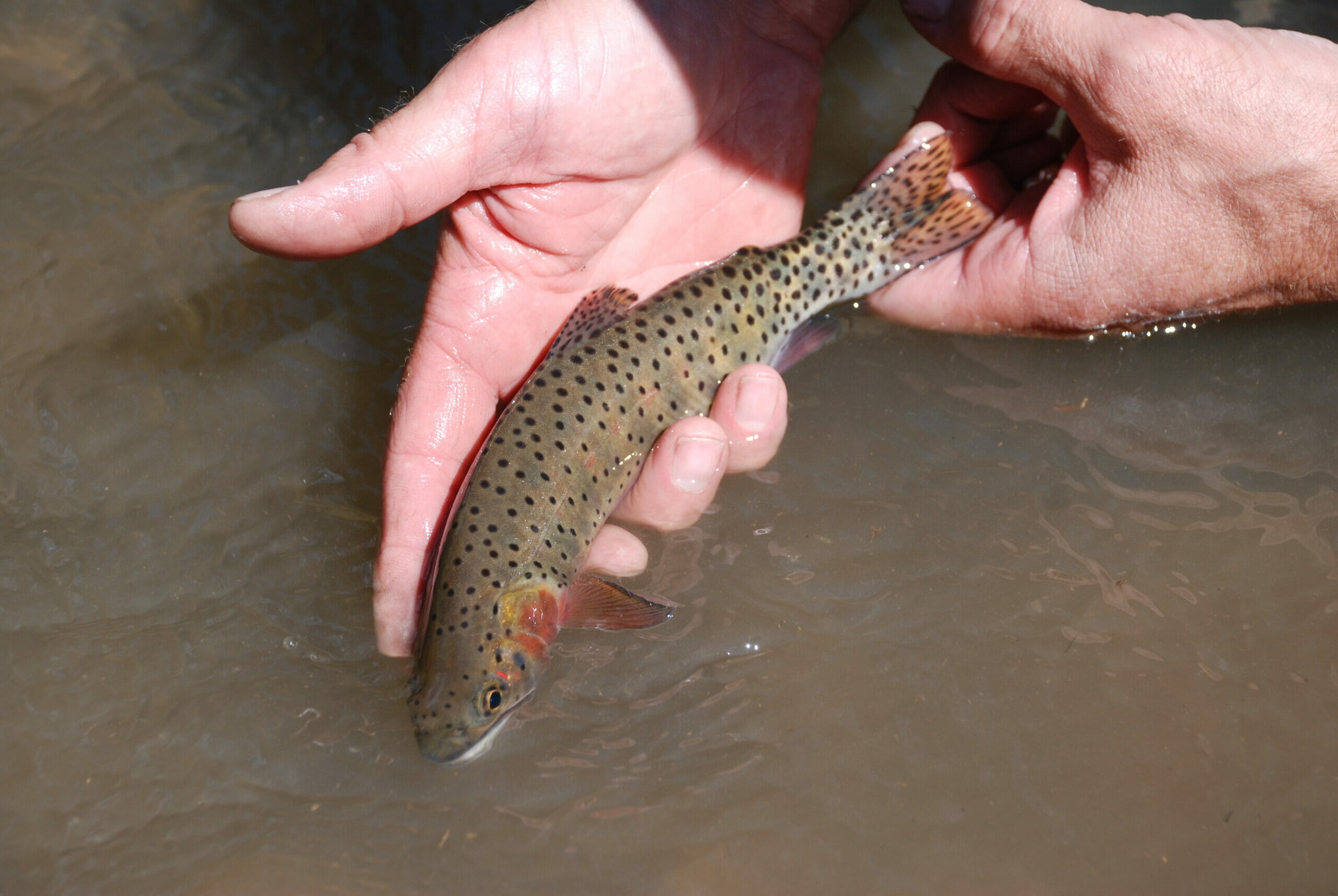
By Brian Hodge In our work at Trout Unlimited, we often rely on scientific theory to plan and implement conservation projects. In some instances, we also test hypotheses by monitoring projects and comparing predictions with outcomes, and in doing so contribute towards the broader body of scientific theory. For TU and our local agency partners, the…
-
TU advocacy is grounded in science
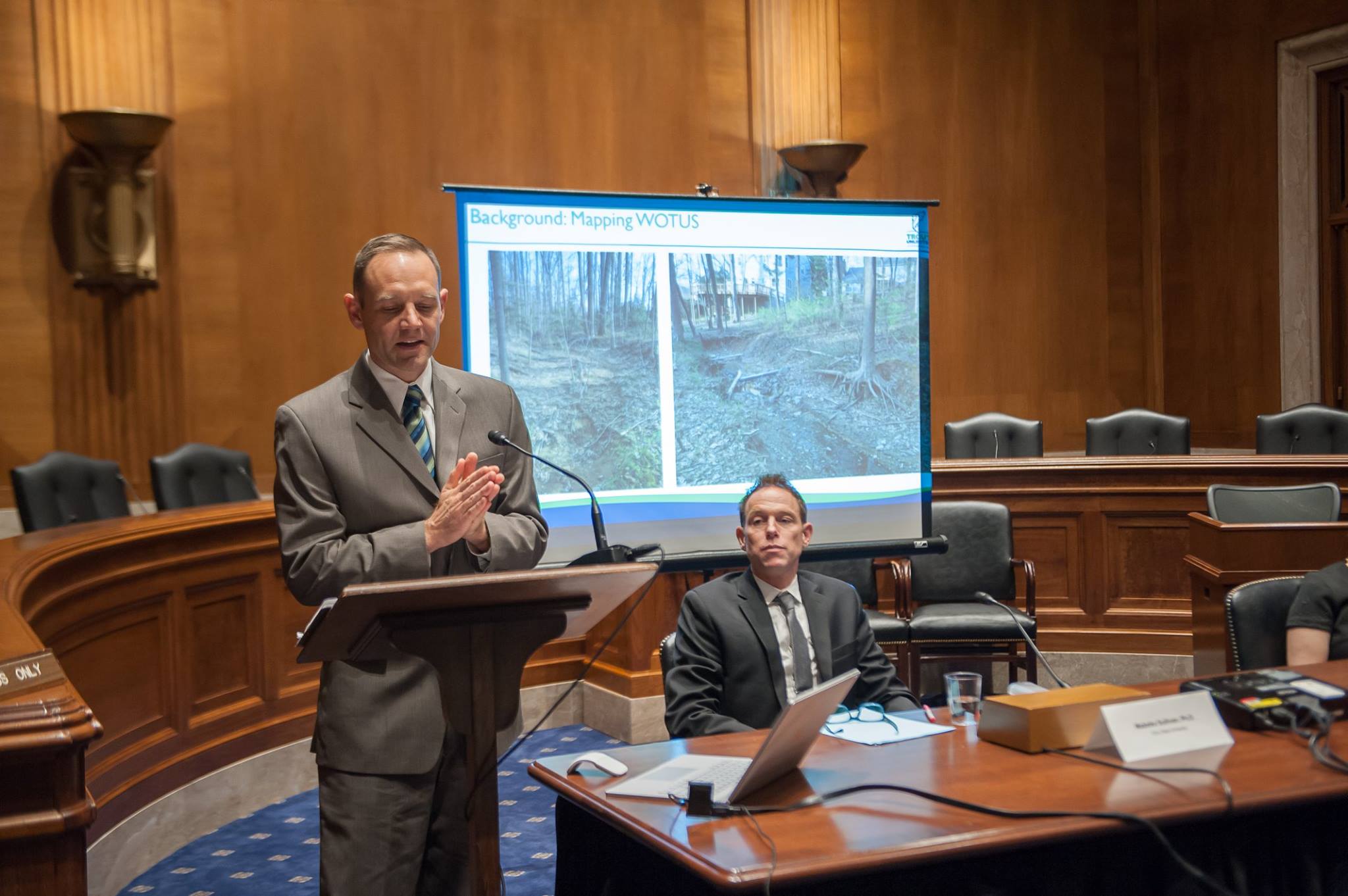
Picturing somebody standing in a river staring at a fish while wearing a white lab coat and protective goggles for no reason might be what people think of when they hear the title Trout Unlimited scientist. While there is an outside chance that might happen, in reality the 30 or so TU staff with a…
-
A Lahontan cutthroat trout story from someone who knows them best
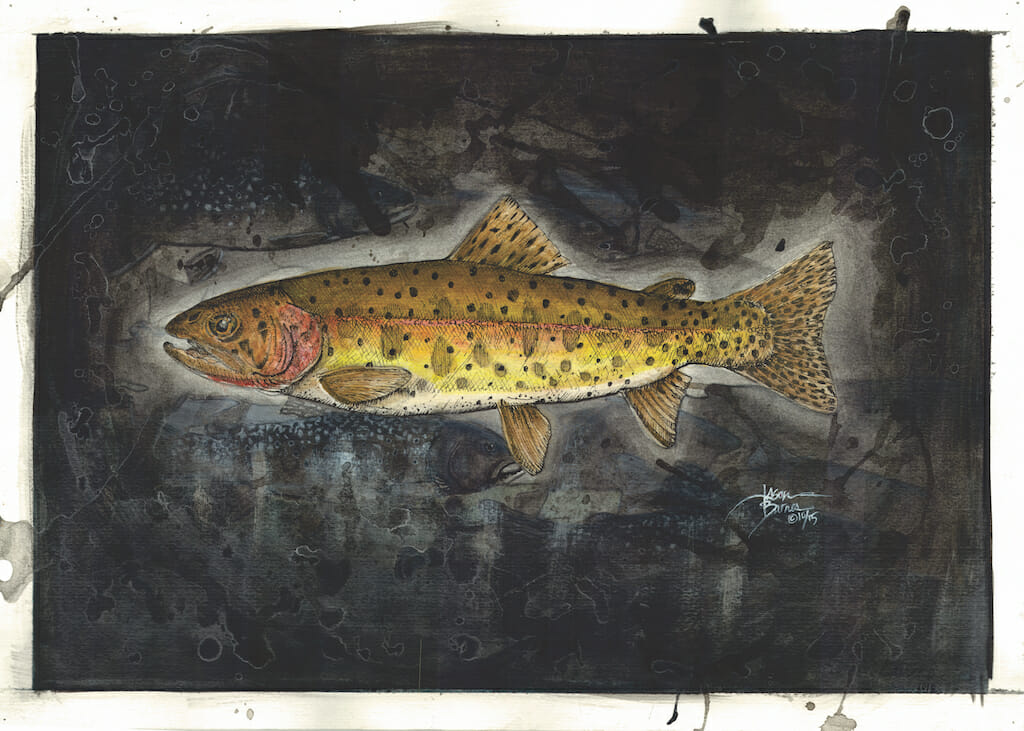
This TU biologist prefers fish over people and canvas over cameras By Jason Barnes My comfort zone is not in front of a camera. I’d rather be camped out with my field crew planning a season of conservation work and talking about Lahontan cutthroat trout. My crew has historically been my family for the summer, and they are some of the very…

